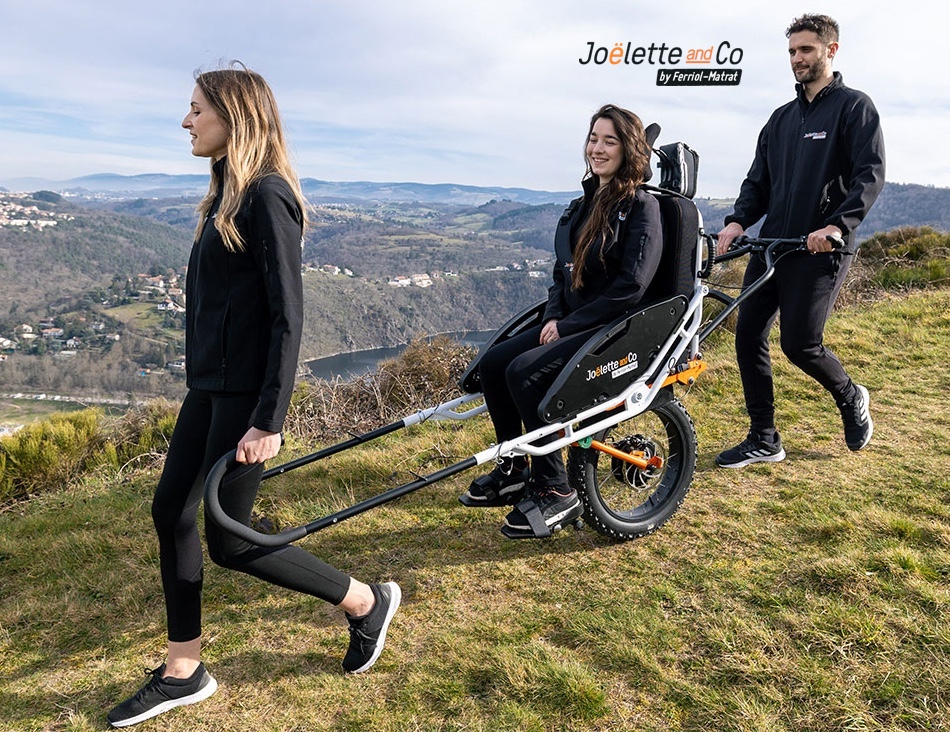How can mountain activities be made accessible for persons with reduced mobility and disabilities ? Professionals, municipalities, tourism offices, and industry leaders are collaborating to create an inclusive experience in a secure
environment, ensuring that vacations for everyone mean an escape into nature.
Adapting Vacation Accommodations and Infrastructure
To ensure a pleasant stay for persons with reduced mobility (PRM), significant
investments are required. Making accommodations accessible isn’t just about
providing wheelchair access without stairs. It also involves ensuring spacious
circulation areas and suitable restroom facilities. Under the supervision of Atout
France, the state label “Tourisme & Handicap” is an excellent benchmark. It
encourages and recognizes accommodations that meet the necessary criteria.
Additionally, each mountain resort must ensure that access paths, parking areas, and
public spaces are accessible.
Offering Accessible Mountain Activities
A mountain resort must provide equipment that facilitates activities for people with disabilities. The practice of adaptive skiing has become more widespread, thanks to technical innovations in both ski lifts and specially designed wheelchairs for PRMs.
This year, the Mountain Planet trade show awarded the Mobility Innovation Trophy to the E-Motion electric Joëlette. This all-terrain, single-wheeled chair allows people with reduced mobility to enjoy outdoor activities. Hiking and running are now opportunities for everyone to escape and challenge themselves.
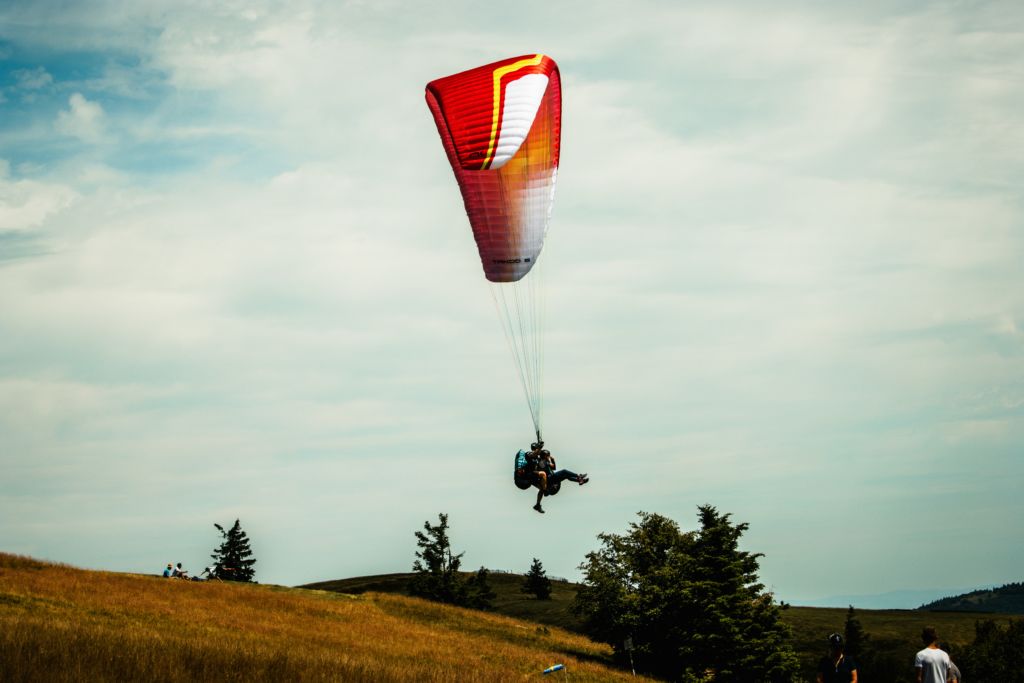
©elliott-ledain
Equipment such as the adaptive ski chair enables PRMs to enjoy a unique and active vacation, safely exploring ski slopes or hiking trails. As summer tourism grows, resorts are offering a variety of other activities, like adaptive paragliding or four-
wheeled cycling.
Learn more about the E-Motion Joëlette and the other 2024 Trophies
Accessibility of Ski Lifts
With adapted transportation to the resort, users can benefit from significant
accessibility improvements. Similarly, ski lifts have been modified to accommodate
persons with disabilities during their vacations. This includes ramps, elevators, and
specific safety equipment. Moreover, ski lift operators ensure that trails are well-
maintained and safe for all users, especially PRMs. Specific safety measures are
implemented for people with disabilities, including adapted snow removal zones,
clear signage, and specialized rescue equipment.
Training Teams and Collaborating with Associations
In the context of the Paralympic Games, there is a spotlight on technological innovations: connected prostheses, guided ski chairs, kart skiing, vocal guidance, etc. However, it’s essential not to overlook associations and volunteers. They also play a crucial role in improving accessibility for everyone on mountain vacations.
The French Handisport Federation, a public utility association, provides its Territory Hub to support sports projects and coordinate regional technical teams.
This close collaboration between associations and resorts helps train collaborators to interact with PRMs and offer them adapted activities during their vacation. The French Ski School (ESF) also encourages its instructors to receive training to assist PRMs with cognitive, visual, or physical disabilities.
These trainings are vital to ensure the safety and well-being of individuals with disabilities. Shuttle drivers and ski lift staff are also trained to assist people with reduced mobility. Regular training sessions help maintain a high level of competence and awareness. Many tourism offices in resorts have created specific positions to focus on these issues and assist individuals with disabilities during their mountain vacations. Continuous efforts to improve accessibility and safety are making the mountains a playground accessible to all, offering an escape in all seasons.
Auvergne Rhône-Alpes: A Region Committed to Accessibility
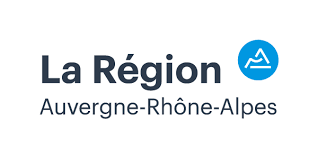 With the renewal of its comprehensive disability plan for 2024-2027, the Auvergne-Rhône-Alpes (AURA) region in France is one of the most inclusive in Europe. Among its goals:
With the renewal of its comprehensive disability plan for 2024-2027, the Auvergne-Rhône-Alpes (AURA) region in France is one of the most inclusive in Europe. Among its goals:
– Making mountains and nature more accessible to all disabilities in preparation for the 2030 Winter Olympics and Paralympics.
– Developing the H+ Destination Tourism initiative, particularly in wellness resorts and the “Région pleine nature” territories.
a lire également
Accessibility
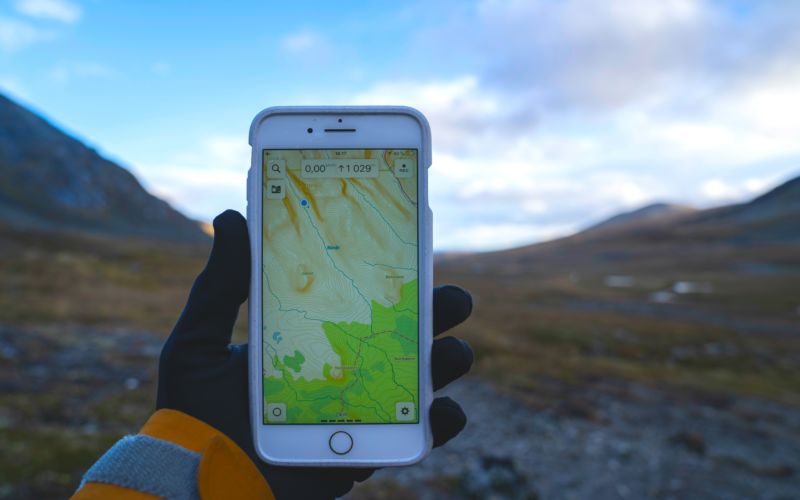
24 September 2024
Digital Accessibility and Mountain Tourism
Making digital tools accessible is a key challenge for tourism stakeholders. According to the Défenseur des droits*, 13 million people in France faced difficulties with digital access in 2022. Today, ...
Environment
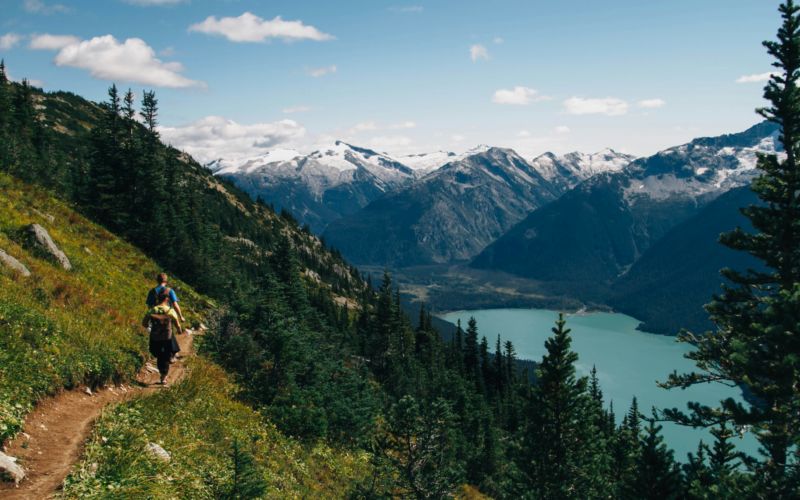
2 September 2024
Summer Activities: What Impact Do They Have on Mountain Ecosystems?
The rise of year-round tourism goes hand in hand with outdoor activities, but these can weaken mountain ecosystems. How are mountain regions tackling these ecological challenges? What eco-friendly practices are ...
Communication and tourism promotion
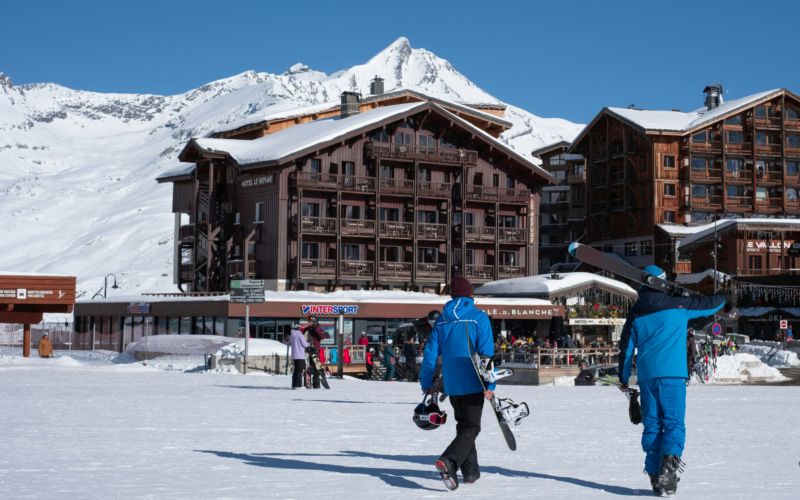
28 April 2025
Business and talent: how can mountain areas be made more attractive?
Leisure activities in mountain areas are a major contributor to France’s tourism economy. With good progress being made, particularly in Auvergne Rhône Alpes, the challenge of recruitment is a priority ...


